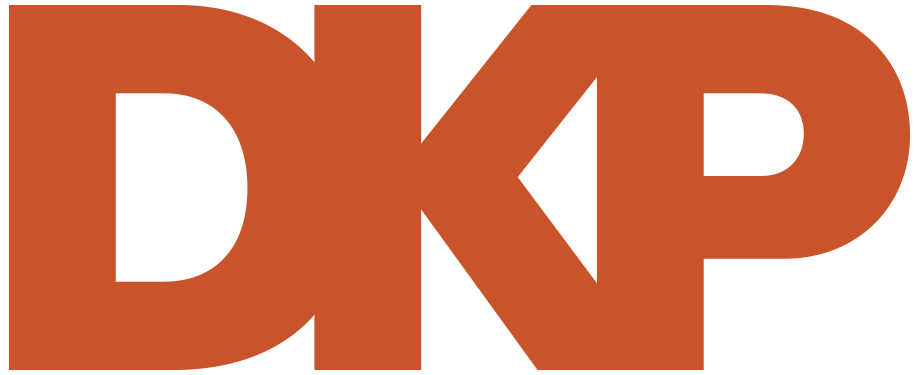IN BRIEF: SEPTEMBER 25, 2024
Stories from the past week relevant to the threat from authoritarian powers and strategic corruption – and efforts to respond.
Adams foreign influence inquiry now known to include 6 countries: Federal prosecutors subpoenaed New York City Mayor Eric Adams, his campaign, and City Hall in July for information related to “Israel, China, Qatar, South Korea and Uzbekistan,” the New York Times reported on Monday. This is in addition to the previously reported federal investigation into allegations that Turkey made illegal contributions to Adams’s 2021 mayoral campaign in exchange for approval of a new consulate building – despite safety concerns. There are now at least four ongoing federal corruption inquiries into Adams’s administration, which have targeted multiple officials and advisors.
Proposes ban on Chinese, Russian software and components in connected cars: On Monday, the administration of US President Joe Biden proposed a ban, to be implemented by the Commerce Department’s Bureau of Industry and Security, on the import or sale of internet-connected vehicles carrying Chinese or Russian hardware or software technology as part of their Vehicle Connectivity System (VCS) or Automated Driving System (ADS). The announcement cited concerns that “access to these systems could allow adversaries to access and collect our most sensitive data and remotely manipulate cars on American roads.” The prohibitions are planned to take effect in 2027 (for software) and 2029 (for hardware) and is the latest US move to keep Chinese state-linked companies out of vital infrastructure and connected consumer products. The timing is also coincidental but striking following the Israeli use of sabotaged technology against Hezbollah (see next story), which is raising additional security issues involving consumer tech.
Israeli pager bombs highlight supply chain risk: Last week’s Israeli attacks against the Hezbollah militia in Lebanon involved thousands of pagers that had been issued to members of the group detonating remotely across the country more or less simultaneously on Tuesday 17 September, followed by another wave of explosions the following day. This has raised broader concerns about supply chain security, as the Wall Street Journal reported Friday. The same complexity of global supply chains that makes it fiendishly difficult to stop import of microelectronics and other technology to Russia’s war industry also provides opportunities for intelligence agencies and violent non-state actors to exploit them for sabotage and attacks like the ones last week. The attacks, which reportedly killed dozens and wounded thousands, were dwarfed in lethality by the ensuing air campaign. But it is likely that the novel and insidious nature of these attacks will drive urgent security reviews by governments around the world of the vulnerability of common devices to sabotage.
Russian natural gas projects suspended, but ship-to-ship LNG transfers begin as a new LNG “shadow fleet” seeks to evade sanctions: On Monday, Ukrainska Pravda and industry outlets relayed reporting by Russian business daily Kommersant that Novatek, the Russian company responsible for the Arctic LNG-2 project, had suspended work on two planned gas liquefaction projects in the Arctic Circle. The effective hamstringing of LNG-2, a frequent target of US designations and TDP reporting alike, has arguably been one of the most prominent victories for the US-led post-2022 sanctions regime against Russia. However, Russia has been racing to find solutions to keep the project alive, most notably through attempts to mirror its crude oil “shadow fleet” with one able to conduct ship-to-ship transfers of LNG (a much more difficult process), as reported by Bloomberg last week. As a harbinger of this strategy, an LNG-2 shadow fleet tanker successfully completed its transit of the Arctic to transfer its cargo to a floating barge off Russia’s far east in recent days, marking the first time a cargo from LNG-2 has successfully made it out of the Arctic. However, none has made it to customers yet, and early sea ice build up will soon halt non-ice class transit of the Arctic for the winter.
House Republicans allege China exploited US universities to advance its military technology: A joint report by Republican members of the House Select Committee on the Chinese Communist Party and the House Committee on Education and the Workforce alleges that cooperation between US research universities and Chinese counterparts has allowed Chinese advancements in military technology, the New York Times reported Monday. Some of the universities involved have ended the partnerships in question, and Democratic members of the committees did not sign on to the report, which recommends stricter federal funding guidelines, stating that the issue required a more “nuanced” response.
Frozen Russian assets to back $39b EU loan to Ukraine: European Commission President Ursula von der Leyen announced that the EU would provide a $39 billion loan to Ukraine on Friday 20 September, backed by profits from frozen Russian assets held in EU banks. The move followed lack of progress on G-7 efforts to agree on a mechanism to provide a $50 billion loan to Ukraine, which have failed to progress due to US concerns that an EU-internal spoiler – Hungary – might drive the bloc to loosen sanctions and thus leave the US on the hook. Most of the nearly $300 billion in frozen Russian assets held by the G-7 are in Europe.
Raiffeisen exits Belarus in sale to UAE investor: Raiffeisen (RBI) – the largest Western bank remaining in Russia – has sold its holdings in Belarus at a loss to a buyer owned by UAE-based investor Suhail al-Otaiba, Reuters reported Friday 20 September. While the move is a welcome step forward, RBI has yet to exit Russia itself despite pledges to divest its holdings there under pressure by Western (especially American) regulators, leaving it – and by extension, the entire European banking system – significantly exposed, as TDP has previously reported.

